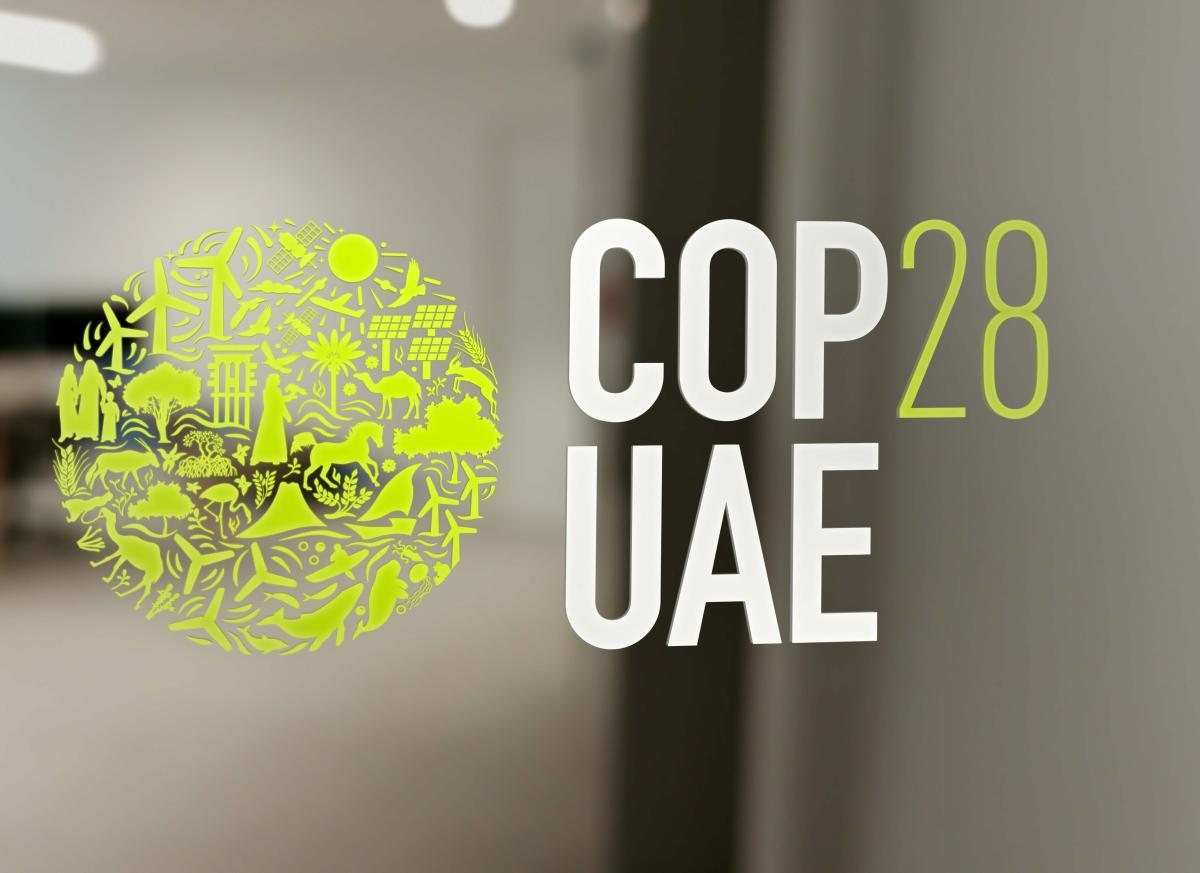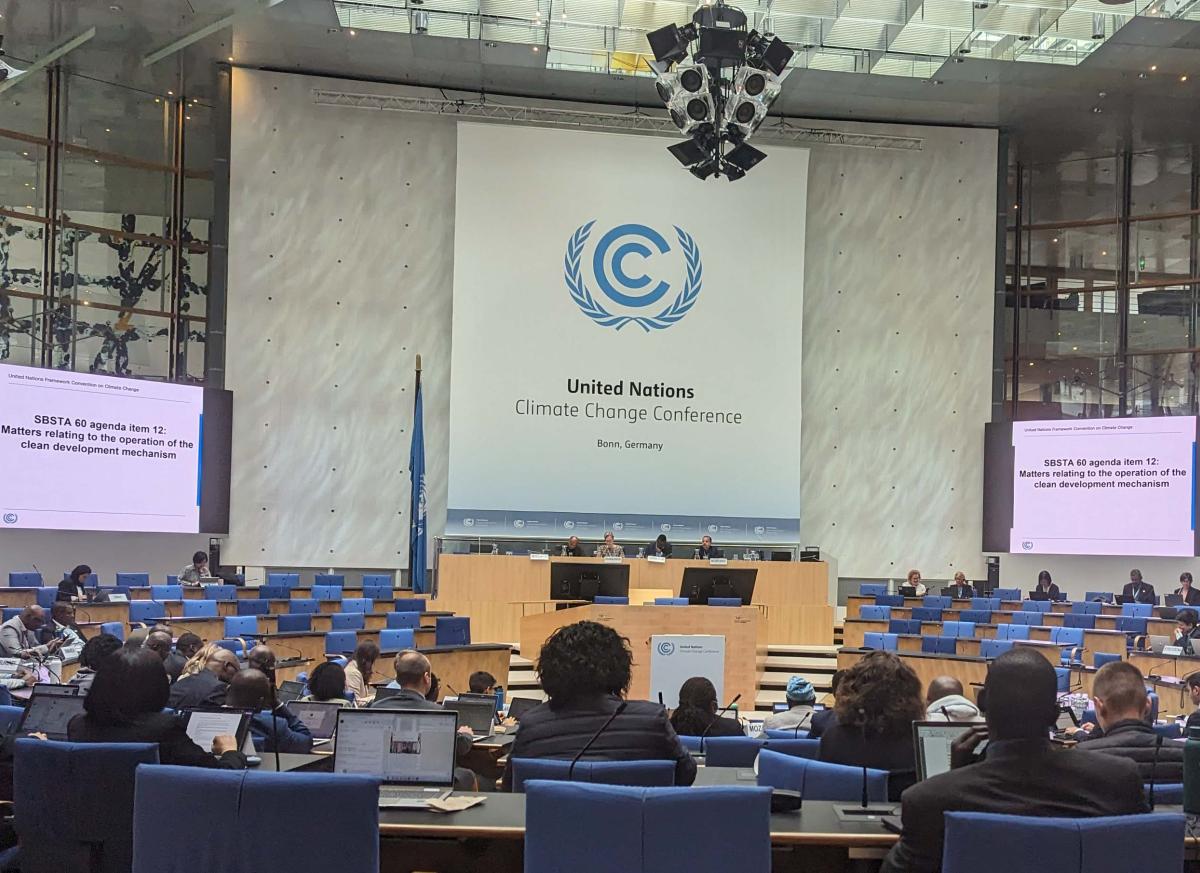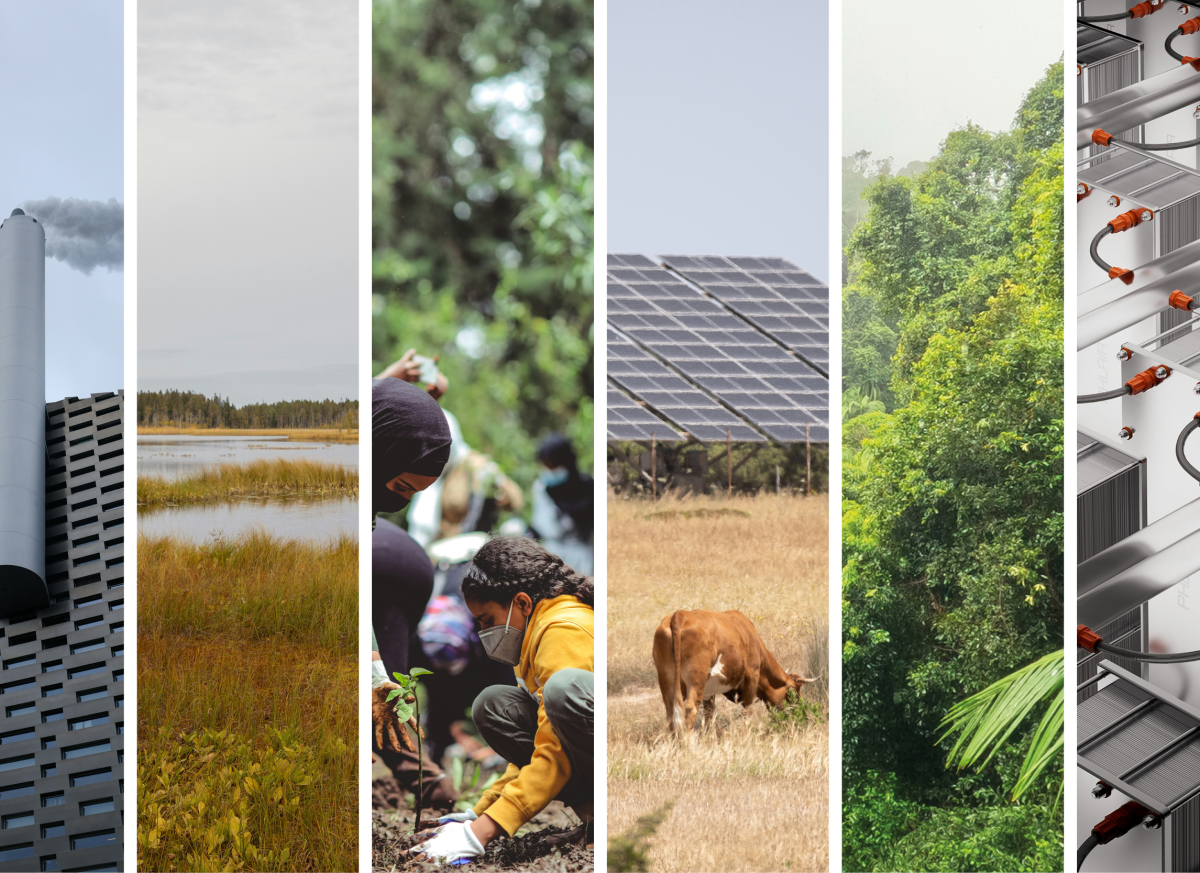Oxford Principles for Article 6
Overview
Article 6 is the backbone of international carbon trading under the Paris Agreement. If utilised responsibly, Article 6 could be one of the greatest opportunities to drive additional climate mitigation and improve climate resilience. However, evidence so far shows that this potential is at risk, and the framework could instead enable the ‘greenwashing’ of climate commitments by countries and corporate entities alike.
The new ‘Oxford Principles for Responsible Engagement with Article 6’ – developed by a wide range of researchers and practitioners from Oxford and beyond – provide essential guidance and guardrails to enable this international framework to be used in a responsible manner.
The current international rules established under Articles 6.2 and 6.4 create a floor rather than a ceiling of integrity, leaving considerable discretion to the user as to how to act responsibly. The goal of the 'Oxford Principles for Article 6' is to foster international carbon markets that drive genuine climate action and provide incentives to enhance ambition as opposed to serving as a smokescreen for inaction.
The document expands on three core Principles and specific criteria that must be implemented to achieve these principles.
- Principle One: Ensure that the Use of Mitigation Outcomes is Aligned with the Paris Agreement
- Principle Two: Ensure Mitigation Outcomes have Climate Integrity and Uphold Social and Environmental Safeguards
- Principle Three: Ensure Robust Accounting and Transparent Engagement with Article
The Oxford Principles for Article 6 build on the San José Principles to promote high ambition and integrity in international carbon markets. They do not displace existing rules and guidance on Articles 6.2 and 6.4, but instead bolster these as necessary.
Oxford Principles for Responsible Engagement with Article 6
This guidance supports actors to engage with Article 6 responsibly, ensuring climate integrity, upholding high environmental and social safeguards and enhancing ambition in line with the broader goals of the Paris Agreement. The document outlines three core Principles and associated criteria.
Policy briefs and reports
For the PACM to help rather than hinder the delivery of net zero we recommend that separate targets to reduce and remove greenhouse gases from the atmosphere be initially adopted before transitioning the mechanism to one that finances only greenhouse gas removals, and ultimately to one that finances only permanent removals.
Insights on Article 6 negotiations
Article 6 in focus: Outcomes from COP28
Injy Johnstone and José Luis Reséndiz from the Oxford Sustainable Finance Group give a behind-the-scenes perspective on Article 6 of the Paris Agreement (carbon markets), shaped by first-hand insights from the negotiation rooms at COP28.
Article 6 in focus: Bottlenecks and breakthroughs at Bonn
Dr Injy Johnstone explores the issues on the table for Article 6 at the Bonn Climate Change Conference 2024 and outlines what has changed after the negotiations.
Article 6 in focus: Outcomes from COP29
Injy Johnstone, who closely followed the Article 6 negotiations on carbon markets at COP29, explains exactly what was negotiated, the outcomes, and what still remains to be done.
Authors
- Injy Johnstone | Smith School of Enterprise and the Environment; Oxford Net Zero, School of Geography and the Environment: University of Oxford
- Lambert Schneider | Oeko-Institut
- Axel Michaelowa | Perspectives Climate Research; University of Zurich
- Juliette de Grandpré | NewClimate Institute
- Sindi Kuci | Oxford Sustainable Finance Programme; Smith School of Enterprise and the Environment: University of Oxford
- Hanna-Mari Ahonen | Perspectives Climate Research
- Benedict S. Probst | Net Zero Lab, Max Planck Institute for Innovation and Competition; ETH Zurich; University of Cambridge
- Stephen Lezak | Smith School of Enterprise and the Environment: University of Oxford, Berkeley Carbon Trading Project, University of California, Berkeley
- Thomas Hale | Oxford Net Zero, School of Geography and the Environment; Blavatnik School of Government; Oxford Martin School: University of Oxford
- Stephanie La Hoz Theuer
- Jessica Omukuti | Oxford Net Zero, School of Geography and the Environment; Institute for Science, Innovation and Society: University of Oxford
- José Luis Reséndiz | Smith School of Enterprise and the Environment: University of Oxford
- Samuel Fankhauser | Smith School of Enterprise and the Environment; Oxford Net Zero, School of Geography and the Environment; Oxford Martin School: University of Oxford
- Selam Kidane Abebe | Environmental Change Institute; Oxford Net Zero, School of Geography and the Environment: University of Oxford
- Cameron Hepburn | Smith School of Enterprise and the Environment;
News stories
New Oxford Principles to guide responsible carbon trading under the Paris Agreement
Today, a University of Oxford-led team of researchers have published a set of principles which could help countries and corporates engage with Article 6 in a way that results in genuine climate action.





